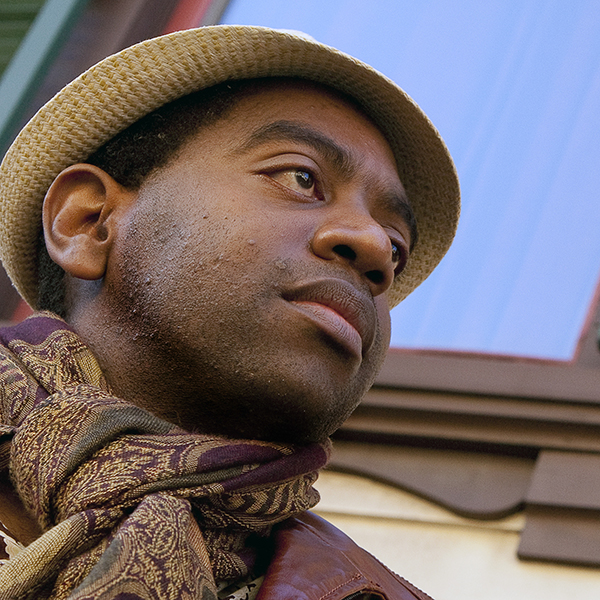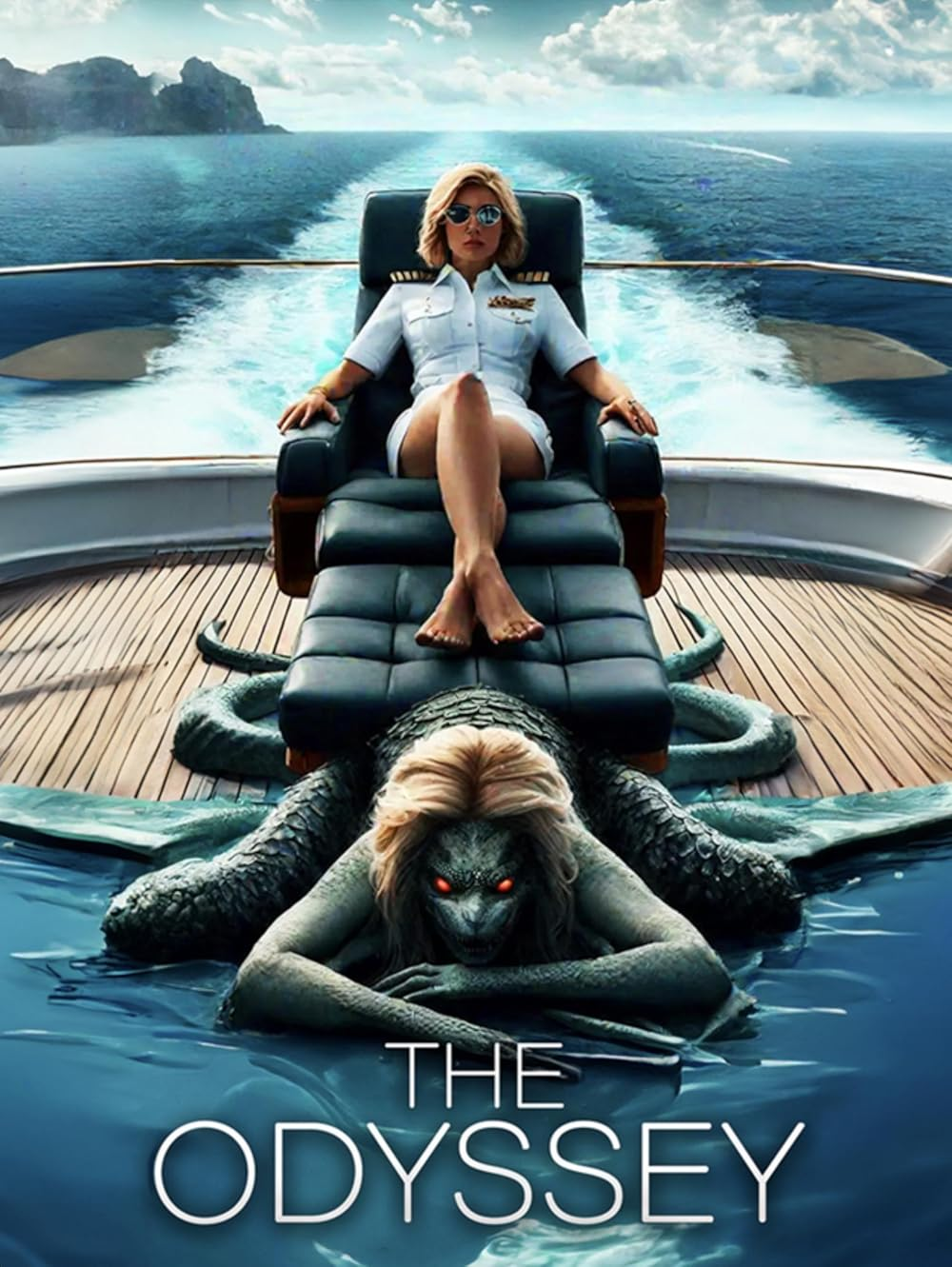Renowned for his innovative sound and deep commitment to musical heritage, Yosvany Terry stands at the forefront of Afro-Cuban jazz. His unique ability to weave together influences from Benin music traditions and contemporary jazz has captured the attention of audiences worldwide. As a senior lecturer and director of the Harvard Jazz Ensembles, Terry passionately bridges the gap between cultures through his music. His research into the connections between African roots and Caribbean rhythms not only enriches his performances but also inspires his students at Harvard. Join Yosvany Terry on a musical journey this May 1st, as he presents the Imaginary Dialogues: Dahomey, celebrating the rich tapestry of his artistic influences and the powerful connections between our global musical heritage.
Exploring the fusion of diverse musical identities, Yosvany Terry’s artistry highlights the profound impact of Afro-Cuban rhythms on contemporary soundscapes. This acclaimed composer and educator utilizes his platform at Harvard University to delve into the historical interplay of West African and Caribbean music traditions. Through captivating performances and educational initiatives, Terry facilitates a deeper understanding of how these genres are not just artistic expressions, but vital components of cultural identity. By engaging with various musical influences, he enriches the learning experience for students and audiences alike, fostering a community that appreciates the complexity of global musical narratives. Through his work, we witness the transformative power of art, uniting people from different backgrounds through shared musical experiences.
Exploring Yosvany Terry’s Musical Journey
Yosvany Terry’s musical journey embodies a deep exploration of his Afro-Cuban heritage, which serves as both inspiration and emotional foundation for his work. His travels to Benin, a significant historical site of the African diaspora, have granted him insights into the cultural connections that bind African and Caribbean music traditions. By engaging with local musicians, he uncovers the rich tapestry of rhythms and sounds that have influenced not only traditional Afro-Cuban jazz but also broader musical landscapes in the Americas. This cross-cultural exchange not only enhances Terry’s artistic repertoire but also enriches his teaching, allowing him to convey a diverse musical heritage to his students.
In the context of his research, Terry endeavors to bridge the gaps between modern jazz and its African roots, showcasing how these connections manifest in contemporary expressions of music. His performances serve as a living narrative of these traditions, captivating audiences with the storytelling inherent in his compositions. As audiences witness Terry’s artistic evolution, they are also invited to partake in understanding the profound historical ties that shape their cultural identity through music.
The Impact of Afro-Cuban Jazz on Global Music
Afro-Cuban jazz represents a unique fusion of African rhythms, Spanish melodies, and rich cultural motifs that have emerged from the Caribbean. This genre, characterized by its vibrant energy and improvisational style, highlights the influence of West African musical traditions on the development of jazz as a global phenomenon. Through artists like Yosvany Terry, the roots of Afro-Cuban jazz are not only preserved but are continually expanded upon, ensuring that these rich cultural narratives are told and retold by new generations of musicians.
Additionally, the evolution of Afro-Cuban jazz can be seen as a reflection of broader social and cultural dynamics, from the legacy of colonialism to the complexities of identity in diasporic communities. By integrating traditional Benin music influences into his work, Terry illustrates how such musical heritage can powerfully inform modern compositions and performances. As audiences engage with these musical dialogues, they are encouraged to appreciate the interconnectedness of cultures and the importance of safeguarding these traditions in a rapidly globalized world.
Understanding Benin Music Traditions
Benin music traditions represent a vital component of West African cultures, characterized by their use of traditional instruments, communal participation, and rich storytelling. Yosvany Terry’s exploration of these musical practices reveals a complex system of rhythms and melodies that are deeply intertwined with the cultural identity of the people. Through this exploration, he aims to educate his students about the significance of these traditions and their lasting impact on contemporary music forms, including jazz.
Moreover, Terry’s commitment to documenting these traditions during his travels emphasizes the need to preserve and promote the cultural treasures of Benin. Engaging with local musicians not only enriches his own artistic expression but also serves as an invaluable resource for students and scholars alike. By fostering a deeper understanding of Benin’s music traditions, Terry ensures that these cultural forms continue to inspire future generations of musicians and composers.
The Role of Harvard Jazz Ensembles in Cultural Exchange
The Harvard Jazz Ensembles, under the direction of Yosvany Terry, play a pivotal role in fostering cultural exchange through music. These ensembles provide a platform for students to explore Afro-Cuban jazz, not only through performance but also through engagement with diverse musical traditions from around the world. By inviting renowned artists of Afro Latin American descent, Terry creates unique learning opportunities that expand students’ understanding of jazz and its global influences.
Furthermore, the program emphasizes the importance of collaboration across different artistic disciplines, encouraging students to engage with visual arts, dance, and other forms of cultural expression. This holistic approach not only enhances their musical education but also instills a greater appreciation for the cultural narratives that inform their artistic practices. As students immerse themselves in these experiences, they become ambassadors for the arts, championing the importance of cultural dialogue and the preservation of musical heritage.
Innovative Approaches in Arts Education
Yosvany Terry’s innovative approaches in arts education harness the power of collaboration and interdisciplinary learning. By integrating technology into the curriculum, such as exploring the use of AI in composition, Terry opens up new avenues for students to reimagine their creative processes. This progressive mindset is crucial for adapting to the evolving landscape of music and arts education, ensuring that students are equipped with the skills needed for the future.
Moreover, Terry emphasizes hands-on experiences through travel and direct engagement with musical traditions. By organizing trips to countries like Cuba and the Dominican Republic, students gain invaluable insights into the cultural contexts of the music they study. These immersive experiences not only deepen their appreciation for global musical heritage but also reinforce the importance of cultural interactions, further enriching their educational journey.
The Significance of ArtsThursdays at Harvard
ArtsThursdays serves as a vital initiative at Harvard, bridging the gap between academic scholarship and performative art. By highlighting the works of faculty artists like Yosvany Terry, this program fosters community engagement and inspires students to explore new artistic possibilities. Through free concerts and workshops, ArtsThursdays creates an inviting space for cross-disciplinary collaboration, encouraging students and faculty alike to connect over shared artistic interests.
Additionally, events like Terry’s performance on May 1 help contextualize his research and artistic endeavors, allowing audiences to experience the direct impact of cultural exploration on artistic expression. This platform not only elevates the visibility of the arts at Harvard but also promotes a deeper understanding of the interconnected nature of music, culture, and identity. By integrating traditional Benin musical influences into contemporary performances, Terry exemplifies how art can act as a conduit for cultural understanding and dialogue.
The Future of Arts at Harvard: Vision and Growth
Looking ahead, Yosvany Terry envisions a vibrant future for the arts at Harvard, emphasizing the need for continuous growth and innovation. By expanding the department’s musical offerings to include a wider array of traditions, Harvard can attract a diverse student body eager to explore various aspects of music and culture. This commitment to inclusivity is essential for cultivating a thriving artistic community that reflects the multiplicity of voices and experiences present within the university.
Moreover, fostering partnerships with local and international artists will further enrich the arts landscape at Harvard. By welcoming collaborators from different cultural backgrounds, Terry aims to create a dynamic environment where creativity flourishes, and new artistic expressions emerge. As the university continues to evolve, it is crucial to maintain a strong presence in the arts, ensuring that they remain an integral part of the Harvard experience and a vital medium for cultural exchange.
Yosvany Terry: A Catalyst for Change in Arts Education
Yosvany Terry has emerged as a significant catalyst for change in arts education, advocating for a curriculum that is both inclusive and representative of diverse musical backgrounds. His integration of African and Caribbean traditions within the framework of jazz highlights the importance of understanding the historical contexts from which these genres arise. This emphasis not only enriches students’ musical education but also fosters a deeper appreciation for the shared cultural narratives that shape contemporary music.
In his role as an educator and performer, Terry seeks to empower students to embrace their cultural identities while also challenging them to step outside their comfort zones. By exposing students to various musical genres, including the rich traditions of Benin and Afro-Cuban jazz, he encourages them to forge their unique artistic paths and inspire meaningful conversations about culture and identity in their own work and lives.
Interdisciplinary Learning in Music and Beyond
Interdisciplinary learning is a key focus in Yosvany Terry’s teaching philosophy, as he believes that the arts should intersect with other fields of study. At Harvard, Terry collaborates with faculty from various departments, including engineering and environmental studies, to explore how music can intersect with technology and social issues. By encouraging students to think critically about the role of music in society, he nurtures a generation of artists who are equipped to address contemporary challenges through their creative work.
This collaborative approach fosters innovative research and creative projects that resonate beyond the music classroom. For instance, initiatives that integrate advancements in AI with musical composition not only enhance students’ technical skills but also train them to approach their art from a multifaceted perspective. This encourages a broader discourse on how different disciplines can influence one another, ultimately creating a rich educational tapestry where art, technology, and culture converge.
Frequently Asked Questions
What are the key influences of Yosvany Terry’s music on Afro-Cuban jazz?
Yosvany Terry’s music is deeply influenced by his Afro-Cuban heritage and the musical traditions of West Africa, particularly Benin. His research into Benin music traditions has revealed essential connections between these cultures, helping to enrich and expand the Afro-Cuban jazz genre. By incorporating elements from both West African and Caribbean music, Terry creates a fusion that reflects the historical ties and shared cultural identity present in these musical forms.
How does Yosvany Terry incorporate Benin music traditions into his compositions?
Yosvany Terry incorporates Benin music traditions into his compositions by blending Afro-Cuban rhythms with traditional West African elements. His experiences in Benin have inspired new works that reflect the historical and cultural connections between these regions. This cross-pollination of musical styles enriches his compositions and allows him to explore themes of cultural identity and heritage within his music.
What role does Yosvany Terry play at Harvard University?
Yosvany Terry serves as a senior lecturer on music and the director of the Harvard Jazz Ensembles. In this role, he educates students about the rich histories of jazz, Afro-Cuban music, and the influences of the African diaspora. By integrating his global research and experiences into the curriculum, Terry helps enhance students’ understanding of these musical traditions and their impact on contemporary music.
What can students learn from Yosvany Terry’s research on Afro-Cuban jazz?
Students can learn about the ancestral roots of modern jazz and Afro-Cuban music through Yosvany Terry’s research. His work emphasizes the significance of the African diaspora and how traditional music forms from West Africa have influenced Caribbean and American jazz. This understanding provides a deeper context for students studying these genres, allowing them to appreciate their cultural heritage and its ongoing relevance.
How does Yosvany Terry’s work affect the music community at Harvard?
Yosvany Terry’s work has a profound impact on the music community at Harvard by fostering cross-disciplinary collaboration and cultural exchange. His engagement with artists of Afro Latin American descent and his initiatives to incorporate diverse musical traditions have enriched the educational environment and created new opportunities for students to experience various musical cultures firsthand.
What is the significance of Yosvany Terry’s performance in ArtsThursdays?
Yosvany Terry’s performance in ArtsThursdays is significant as it showcases the direct connections between his research on Benin and Cuban music and his artistic expression. These performances highlight the importance of cultural heritage in contemporary music-making and serve to inspire audiences by bridging academic research and artistic practice.
In what ways does Yosvany Terry seek to safeguard musical heritage in his educational approach?
Yosvany Terry seeks to safeguard musical heritage through his educational approach by instilling a sense of appreciation for traditional music in his students. He emphasizes the historical context of Afro-Cuban jazz and its roots in West African music, encouraging students to explore these connections. By creating opportunities for live interactions with music from diverse cultures, Terry helps to keep these traditions alive in a contemporary setting.
| Aspect | Details |
|---|---|
| Research Focus | Exploring musical traditions linking Benin and the Caribbean, particularly through the impact of the African diaspora on modern jazz. |
| Recent Travels | Yosvany Terry traveled to Benin and Cuba to engage with local musicians, learning about their cultural heritage. |
| Educational Impact | Plans to integrate research findings into classes, promoting understanding of how West African traditions influenced music in Cuba, Haiti, and the U.S. |
| Creative Projects | Developing new compositions, including an opera based on historical figures associated with resistance against colonialism. |
| ArtsThursdays | A program highlighting the arts at Harvard, featuring performances that connect research to community engagement. |
| Future Goals | Continue to expand musical offerings at Harvard and promote diverse artistic traditions and collaborations. |
Summary
Yosvany Terry’s dedication to exploring the roots of modern jazz through the lens of Afro-Cuban culture is paving the way for a greater understanding of music’s impact on cultural identity. As he continues to blend his experiences from Benin and Cuba with his teachings at Harvard, Terry’s work not only enriches the academic landscape but also inspires future generations to appreciate and preserve the diverse traditions that shape our musical heritage. His initiatives, such as the upcoming ArtsThursdays performance, showcase his commitment to fostering cross-cultural dialogues and collaborative explorations in the arts.



